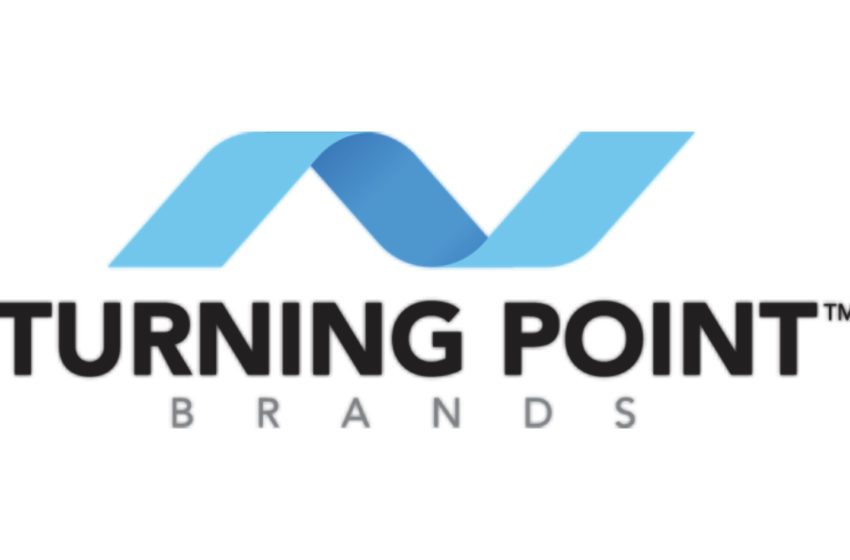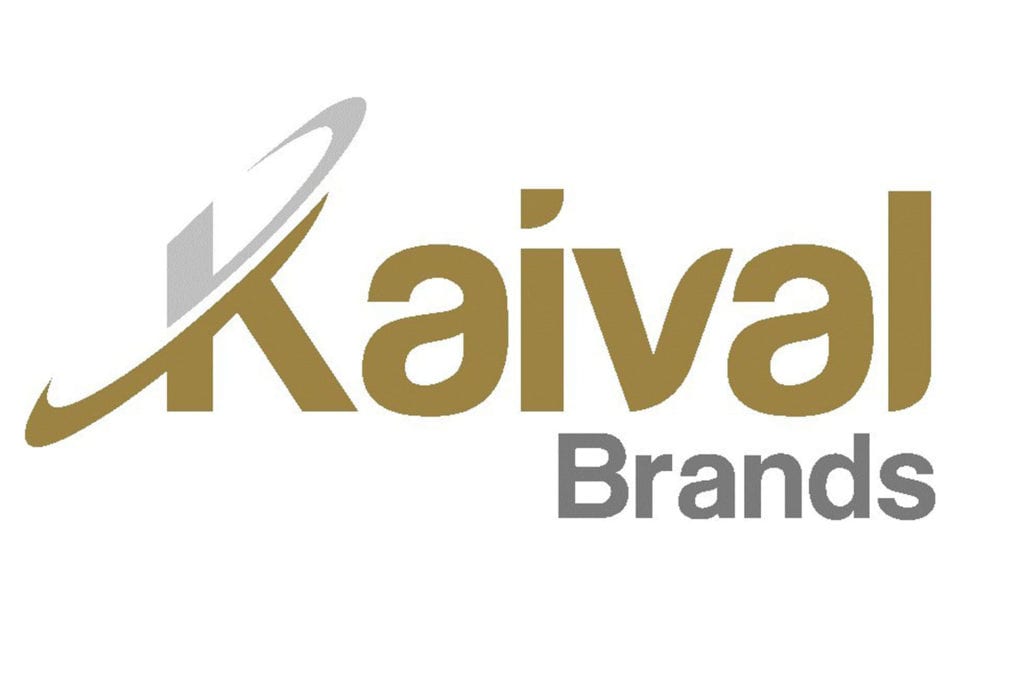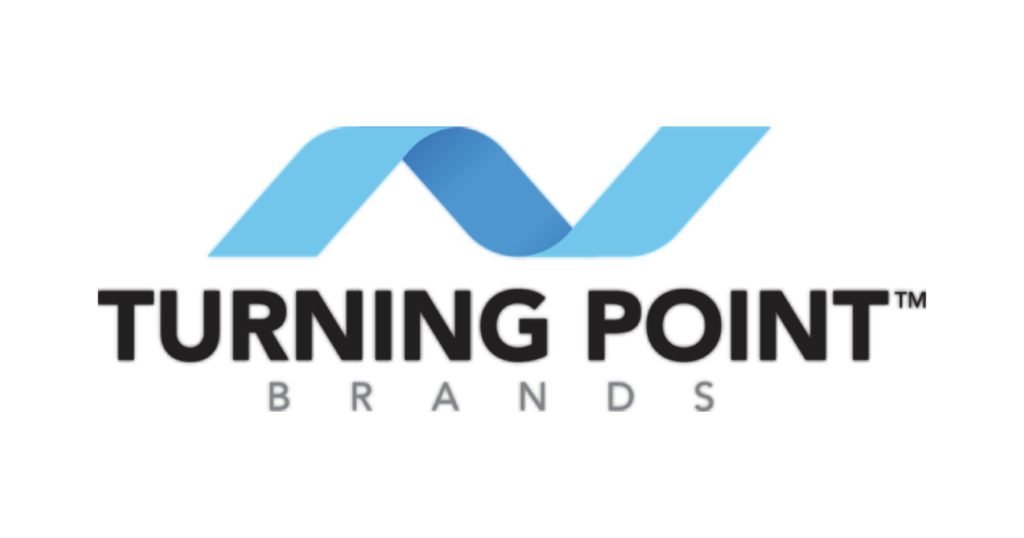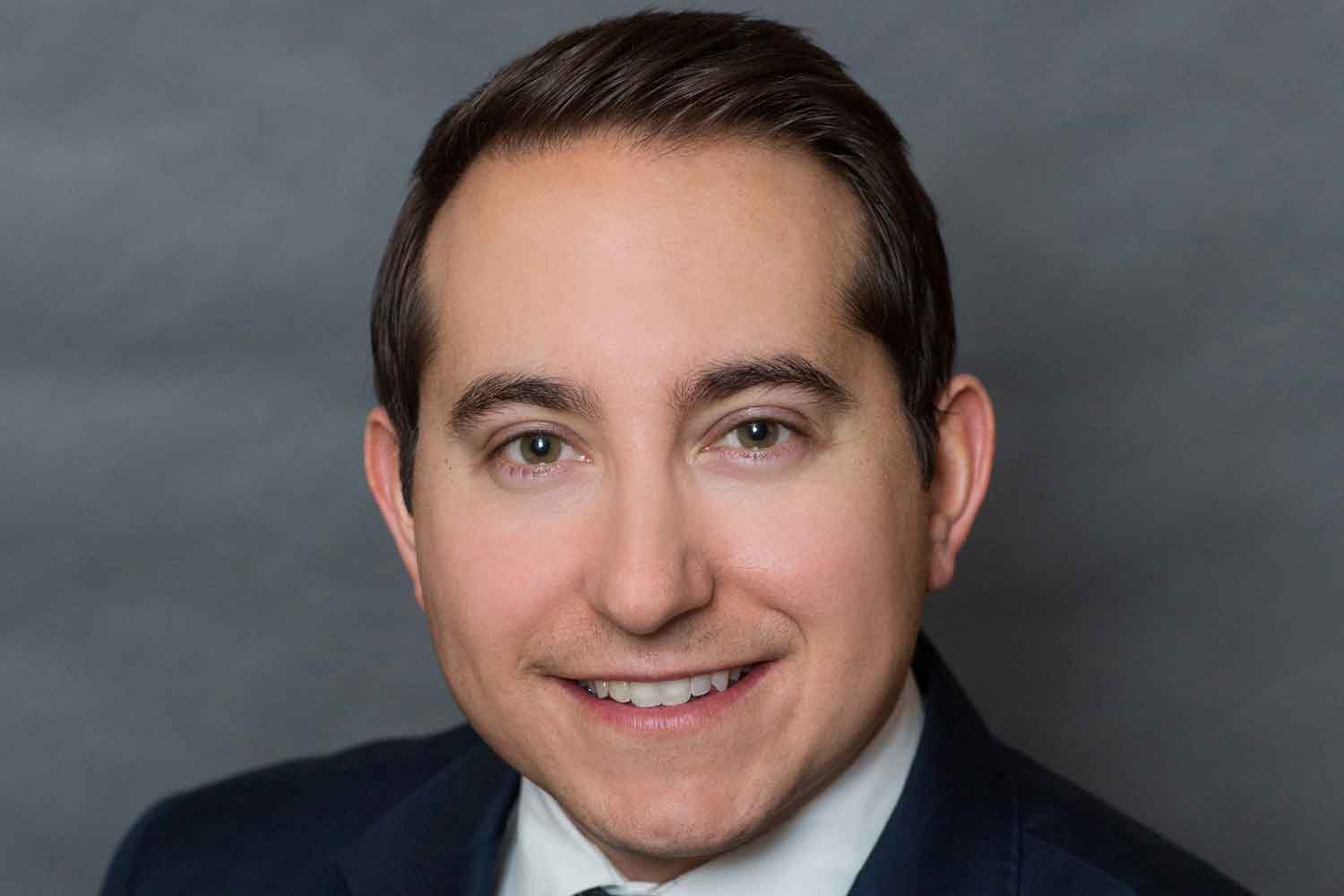
Stoker’s MST continued to grow share while FRE sales more than quadrupled versus last year’s quarter.
Turning Point Brands (TPB) announced financial results for the third quarter ended Sept. 30, 2024.
Total consolidated net sales increased 3.8 percent to $105.6 million compared to the third quarter of 2023. Zig-Zag product net sales increased 5.5 percent during the same period. Stoker’s product net sales increased 12.1 percent. Creative Distribution Solutions net sales decreased 17.4 percent.
Gross profit increased 4 percent to $53.7 million compared to 2023. Net income increased 14.3 percent to $12.4 million. Adjusted net income increased 9.8 percent to $15.9 million. Adjusted EBITDA increased 11.3 percent to $27.2 million.
“We were pleased by our third-quarter results,” said TPB president and CEO Graham Purdy in a statement. “We believe Zig-Zag is on a sustainable growth trajectory. Stoker’s MST continued to grow market share while FRE sales more than quadrupled versus year-ago and grew 26 percent sequentially as we continue to expand our national footprint.”























